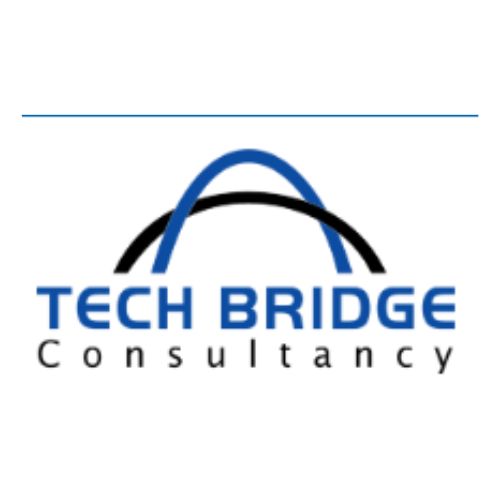
Fast-paced digital landscape, businesses are inundated with vast amounts of data. Efficiently managing this data is no longer optional—it’s a necessity for staying competitive. Organizations that leverage scalable data management software can automate critical processes, reduce human error, and unlock actionable insights. This article explores how automation powered by advanced data management software transforms operations, enhances efficiency, and drives growth.
The Growing Need for Automation in Data Management
Manual data handling is time-consuming, error-prone, and unscalable. As datasets grow exponentially, businesses require solutions that can process, store, and analyze information seamlessly. Scalable data management software addresses these challenges by automating repetitive tasks such as data entry, cleansing, and integration. By minimizing human intervention, companies can allocate resources more strategically while ensuring accuracy and consistency.
Automation also plays a pivotal role in compliance and security. Regulatory frameworks like GDPR and CCPA demand meticulous data handling, and data management software with built-in automation ensures adherence by enforcing standardized protocols. Whether it’s anonymizing sensitive information or generating audit logs, automated systems reduce compliance risks significantly.
Key Features of Scalable Data Management Software
Not all data management software is created equal. Scalable solutions distinguish themselves through flexibility, robustness, and intelligent automation. One essential feature is real-time data processing. Businesses can’t afford delays when making data-driven decisions, and modern platforms enable instant analysis without bottlenecks.
Another critical aspect is interoperability. The best data management software integrates seamlessly with existing tools—whether CRM systems, ERP platforms, or cloud storage services. This eliminates silos and creates a unified data ecosystem where information flows effortlessly across departments.
Machine learning (ML) and artificial intelligence (AI) further elevate automation capabilities. Predictive analytics, anomaly detection, and natural language processing (NLP) empower businesses to derive deeper insights without manual effort. For example, AI-powered data management software can automatically categorize unstructured data, identify trends, and even recommend optimizations.
Industry-Specific Applications
The benefits of automated data management software extend across industries. In healthcare, patient records, diagnostic data, and treatment histories must be meticulously managed. Automation ensures that critical information is updated in real time, reducing administrative burdens and improving patient outcomes.
Retailers leverage data management software to optimize inventory, personalize customer experiences, and forecast demand. Automated systems analyze purchasing patterns, adjust stock levels dynamically, and even trigger reorder processes when supplies run low. This level of responsiveness is impossible with manual tracking.
Financial institutions rely on automation for fraud detection, risk assessment, and regulatory reporting. By deploying intelligent data management software, banks can monitor transactions in real time, flag suspicious activities, and generate compliance reports automatically. This not only enhances security but also streamlines operations.
Overcoming Implementation Challenges
While the advantages are clear, adopting data management software isn’t without hurdles. Legacy systems, data migration complexities, and employee resistance can impede progress. A phased implementation approach mitigates these risks. Start by automating high-impact, low-complexity processes before scaling up.
Training and change management are equally crucial. Employees must understand how automation enhances their roles rather than replacing them. Demonstrating the time-saving benefits of data management software fosters buy-in and encourages adoption.
Security concerns also arise when automating data workflows. Choosing a solution with end-to-end encryption, role-based access controls, and regular security updates ensures that sensitive information remains protected.
The Future of Automated Data Management
As technology evolves, so will the capabilities of data management software. The rise of edge computing, for instance, enables data processing closer to its source, reducing latency and bandwidth usage. Automation will play a key role in managing distributed data networks efficiently.
Blockchain integration is another promising development. By combining data management software with decentralized ledgers, businesses can achieve unparalleled transparency and traceability. Smart contracts could automate data-sharing agreements, ensuring compliance without intermediaries.
Moreover, advancements in AI will make automation even more intuitive. Self-learning algorithms will continuously refine data handling processes, adapting to new patterns without human intervention. The result? Smarter, faster, and more reliable operations.

Conclusion
Automating processes with scalable data management software is no longer a luxury—it’s a strategic imperative. From improving accuracy to enabling real-time decision-making, automation transforms how businesses handle data. The right data management software not only streamlines workflows but also future-proofs operations against growing data demands.
Organizations that embrace this technology today will gain a competitive edge, reduce operational costs, and unlock new opportunities for innovation. The question isn’t whether to automate, but how quickly it can be done. Investing in robust data management software is the first step toward a more efficient, agile, and data-driven future.






